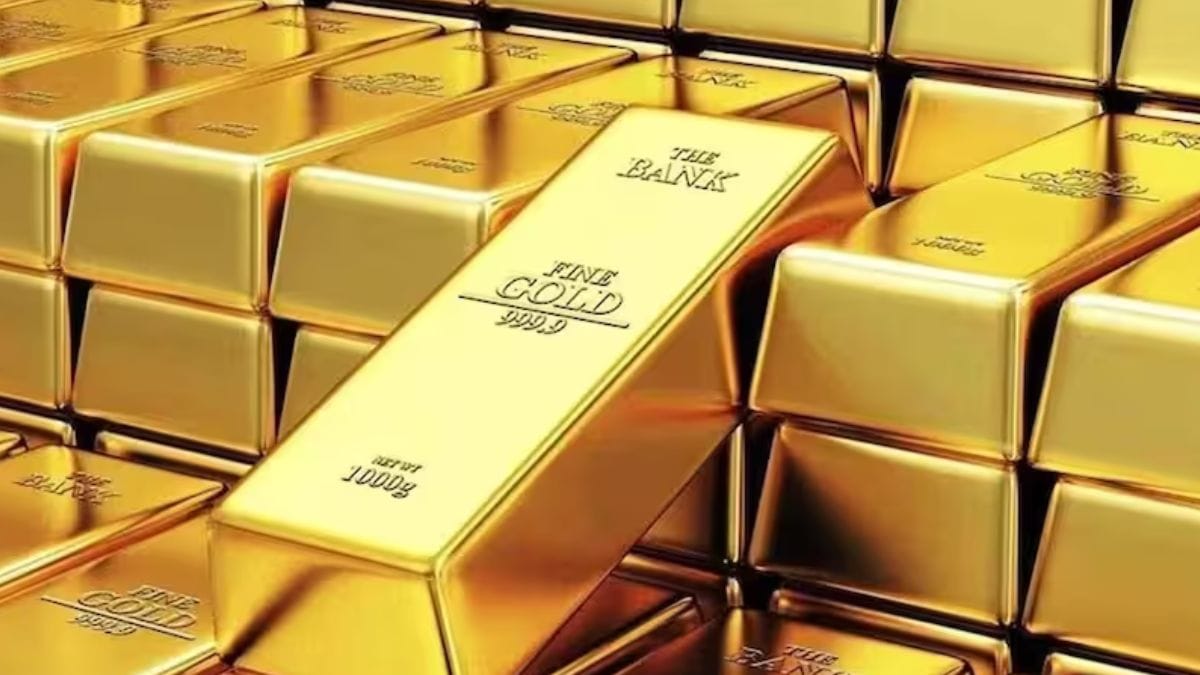
THE GEOPOLITICAL GLORY THAT IS GOLD: WHY YELLOW METAL IS HITTING RECORD PRICES
Gold. The very word has a primeval pull. With the yellow metal hitting record prices of $2,400 per troy ounce this year, the glitter has a polish that goes way beyond the accountants’ mundane matrices of supply and demand.
It’s today’s charged, war-crazed global geopolitics at work. Put another way, a lot of that demand for gold has to do with wars, and a global, especially Chinese, response to the hegemony of the US dollar.
Readers may be surprised to know that not only is China the world’s biggest gold consumer, it is also the world’s biggest producer of the shiny stuff.
Now as the Chinese economy has spluttered with manufacturing slowing and property doomed, money has moved—and as money does, it has found a new road that is paved with gold.
Media reports say that Chinese gold jewellery consumption has increased by a staggering 10 per cent this year and their coin and gold bar purchases have risen by a breath-taking 30 per cent.
The real push, however, has been geopolitically motivated. China is moving away from the dollar and for the last two years its central bank has been continuously buying gold. Beijing views gold as a bigger part of its future holdings.
The dominance of the US dollar grants America significant economic and political leverage. By amassing gold reserves, China is essentially hedging against potential challenges to the dollar's pre-eminence in the future. Other central banks, particularly in emerging economies, are also bulking up their gold stockpiles, seeking a safe asset in a world grappling with rising geopolitical tensions.
China is not alone. For, gold is a shiny hedge in stormy seas.
Imagine the global financial system as a vast ocean. During calm periods, investor confidence is high, and capital flows freely. But when geopolitical storms erupt, uncertainty reigns, as currencies weaken, investors seek refuge in safe harbours. This is where gold takes centre stage.
Unlike traditional assets like stocks or bonds, gold's value is independent of any single issuer or economy. It’s perceived as a physical asset with intrinsic value, a life raft in the tumultuous seas of financial uncertainty.
It is for this reason that the RBI has also increased its gold holding, buying 13 tonnes of the shine in January-February 2024. A smart move that added $3 billion to foreign reserves on account of gold appreciating.
In 2023, Turkey, with its currency plummeting, bought 12 tonnes of gold and Kazakhstan likewise shored up foreign reserves by shovelling 6 tonnes; so did Jordan. Everyone is excited about gold, which is the ultimate hedge.
The ongoing conflicts in Ukraine and Israel, besides the unpredictability of Iran, have further amplified gold’s allure as a safe haven. The Ukraine war, with its crippling sanctions and supply chain disruptions, has fuelled fears of inflation and a global economic slowdown. Investors, anxious about the broader ramifications, have sought solace in gold.
Gold prices typically rise during periods of heightened geopolitical risk, and these recent events are no exception.
In the short-term gold will continue to glitter in the shade of swords. In the long run, to quote Keynes, we are all dead.
The writer is a senior journalist with expertise in defence. Views expressed in the above piece are personal and solely those of the author. They do not necessarily reflect Firstpost’s views.
2024-04-25T05:47:46Z dg43tfdfdgfd